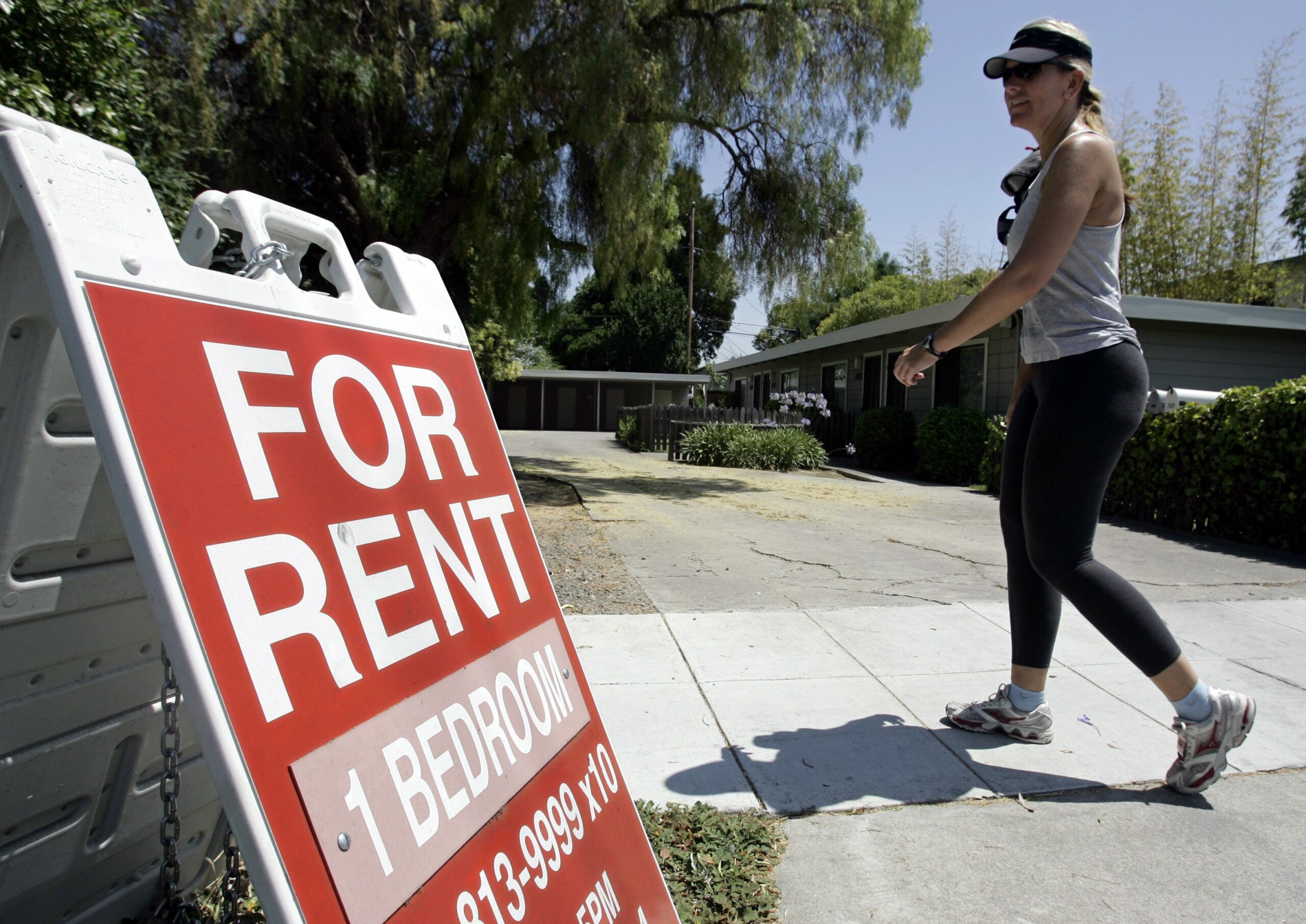Global News: Councillors advancing licensing pilot to protect Hamilton tenants living in neglected rentals
Posted August 13, 2021
Posted August 13, 2021
 Hamilton councilors have voted in favour of a rental licensing pilot project in the hopes of protecting tenants and targeting poorly maintained residential units across the city.
Hamilton councilors have voted in favour of a rental licensing pilot project in the hopes of protecting tenants and targeting poorly maintained residential units across the city.
Small scale rentals in Ward 1 Chedoke-Cootes area, as well as in Wards 8 and 14 on the Mountain will be the focus of the study following consultation with delegates during Tuesday’s planning committee meeting.
Non-compliant secondary housing units, as well as unlicensed single-family residential units and student lodging homes, are the subject of the estimated $2-million pilot set to last two years.
“No matter what you’re paying in rent, every tenant deserves a safe and well-maintained apartment,” ACORN Hamilton’s Darlene Wesley told councillors during a virtual meeting on Aug. 10.
“But there is no guarantee for a Hamilton tenant that this is what they will get.”
Wesley argued the COVID-19 pandemic brought forward the urgency for expediting the licensing pilot since renters across the city had to endure things like mold, bedbugs, and cockroaches, amid government-ordered lockdowns.
“It is unfair for the city to put the burden on tenants to complain many times, (and who) don’t know what numbers to call,” Wesley said.
“They’re afraid of retaliation from the landlord and have language barriers, some of them, and don’t know their rights.”
The program was ratified by city council in a 10-0 vote despite city staff recommending the pilot be put off until the first quarter of 2023 citing a shift in the rental market landscape due to the COVID-19 pandemic.
“For tenants, rents for new units are increasing, vacancy rates are down especially for the most affordable units, and there is potential for high levels of displacement following the ending of the provincial moratorium on evictions,” staff said in an executive summary.
Additionally, staff said two other recent initiatives, the new secondary dwelling unit zoning plan and an amendment to the property standard bylaw tied to tenants’ concerns over good repair, were just recently undertaken and results from those could impact a future rental housing licensing program.
However, Karl Andrus from the Just Recovery Hamilton Coalition told the committee he finds the argument “ridiculous” suggesting the recent public health crisis likely contributed to upticks in COVID cases.
“We have people dealing with respiratory issues who live with mold, with all kinds of problems,” said Andrus. “And to say that we can’t do something because of the crisis that’s happening now, I would turn around to that staff and say, ‘well, when is the appropriate time to deal with these issues?’”
Andrus also said a number of tenants across the city typically face an “unfair power dynamic” and potential displacement when run-down buildings are sold off to new owners who decide to force tenants out for needed renovations.
“And at that point, the excuse is given, ‘Oh well, it’s no longer safe for tenants to be in,’” Andrus said. “Whereas if yearly inspections have been done on that building and brought up the property standards year after year, these types of things wouldn’t happen.”
Siobahn Teel with McMaster’s students’ union, which represents roughly 25,000 undergraduates, told councillors that enduring degraded housing typically becomes an additional hurdle for international students when they arrive for school.
“With so many members of the community vulnerable to predatory lending practices, this licensing pilot is more important than ever,” Teel said.
“Although not specific to student housing, young people living in neighborhoods around campus need the support of the city to ensure landlords are held accountable for maintaining safe rental units.”
The pilot will see results reviewed after 6 months. The matter will now go before planning committee on Sept. 21 to provide enough time to notify the public.
***
Article by Don Mitchell for Global News
